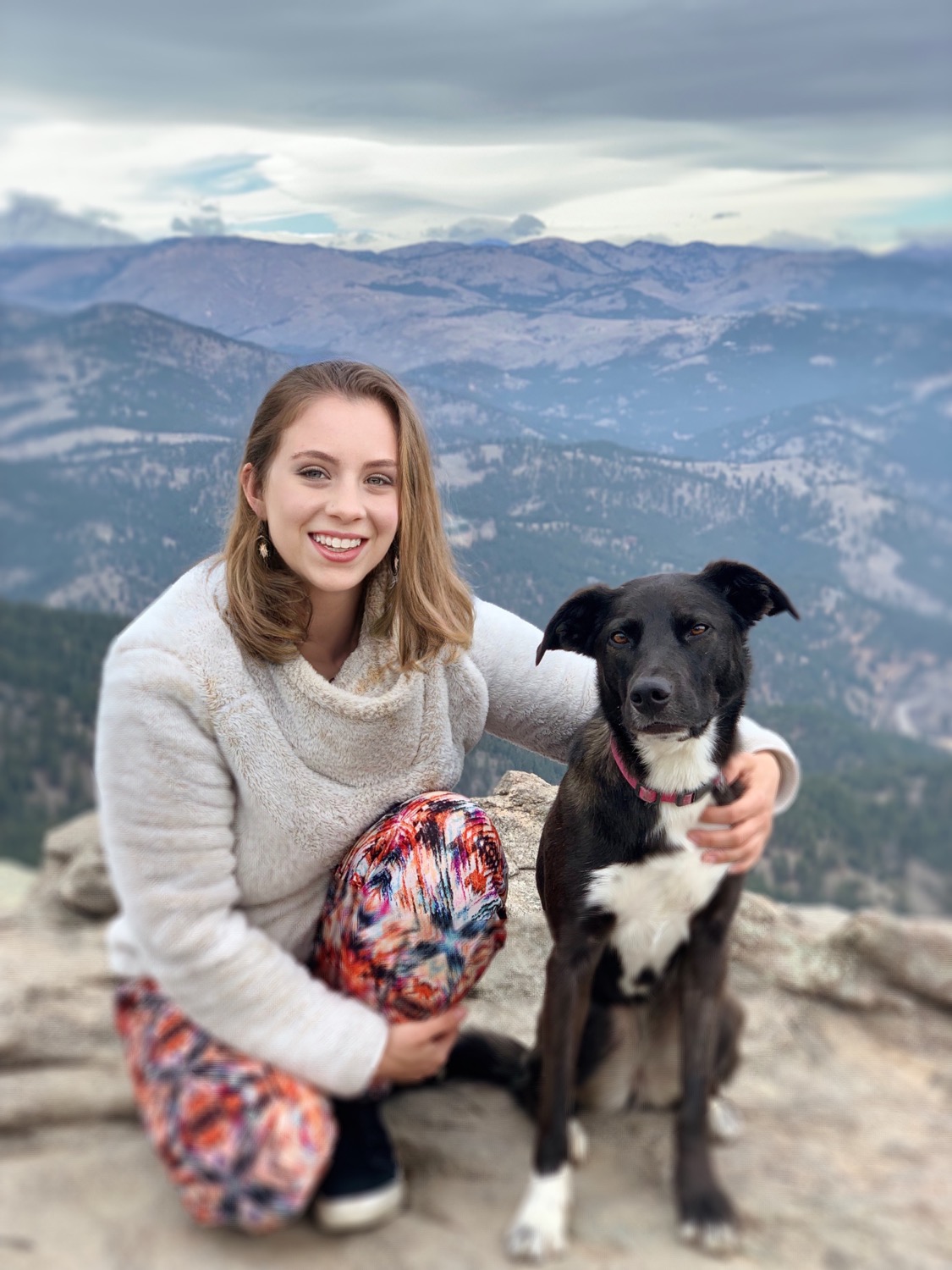Why Does my Dog Eat Cat Poop, Horse Poop, Cow Patties, Goose Poop (Or Even Their Own Poop)?
- trained2listenk9

- Feb 10, 2021
- 3 min read
We've all come across our dog eating some kind of fecal matter. Whether it be cat feces, horse feces, a cow patty, goose feces, their own feces, or even another dogs feces. Yet, they are not bothered by the taste, the smell or their loved ones reactions. Our proud canine coprophagies' (kop-ruh-fey-jees) do this to pass their free time.
Why Cat Poop?:
Feline digestive systems are relatively quick, which means that their feces contains undigested proteins and fats. Lets be honest here - who doesn't like a fatty snack? When eating cat poop the real problem surfaces in with potential pathogens that your dog may encounter while eating cat poop (i.e. Clostridia, Salmonella, Campylobacter, various parasites, etc.). Keep the cat liter natural and to avoid these treasure searches keep the liter box clean.
Why Horse Apples and Cow Patties?:
When thinking about this question it is important to not that a horses diet consists of grass and hay (much like a cows diet) with a touch of fruits and vegetables and a dogs diet have a consists of protein, grains, fruit and vegetables. Horse manure contains grass and grain fibers along with minerals, fats, etc. Cow manure contains grass, grain, and sometimes almond hulls and citrus pulp. Research suggests that animals are able to smell these ingredients and feast on what they are lacking and that dogs eat it as a way to settle their stomachaches. A risk of allowing your dog to eat horse manure is Ivermectin poisoning (this is chemical found in worming treatment given to horses), Salmonella, Campylobacter, and of course other parasites.
Why Goose Poop?:
Geese have a diet that consists of plants, and seeds. Their stool often consists of grains and it smells different for them which may intrigue their curiosity. Goose poop is a high hazard when it comes to containing various parasites like giardia, coliform, campylobacter, cryptosporidium, etc.
Why Their Own and Other Dogs Poop?
Dog waste can contain 23 million fecal coliform bacteria, which are known to cause sickness and spread parasites. New canine mothers mother's will lick their puppies' bottoms to stimulate defecation. These new moms will then eat what comes out to keep the den clean from odors that might attract predators. Puppies are naturally curious and will eat almost anything they find in there environment to distinguish what a good source of nutrition would be - most puppies outgrow this habit with age.
Other reasons dogs eat feces:
Isolation - Dogs kept alone in kennels, basements, outdoors, and/or garages showed a higher rate of eating feces;
Confinement - dogs that spend time in small spaces, like animal shelters, show a high rate of eating feces;
Anxiety - Harsh potty-training methods, have led dog behaviorists to think that dogs will eat their feces to hide that fact they went in the house;
Boredom - Dogs who do not get enough exercise have shown to eat feces to get attention;
Inappropriate association with dog food - Dogs who are fed near their business are shown eat feces;
Scenting it to their mothers nursing - Mother dogs eat their puppies feces some puppies will become confused when sniffing that odor on her breath.
Appetitive Inoculation - Mother dogs can sometimes regurgitate food that is mixed with puppy fecal matter;
Living with a Sick Dog - Sometimes a healthy dog will consume stools from a sick/elder dog (pack-protection hypothesis).
A common scientific hypothesis is that a dogs instinctual behavior sinks in and they decide to eat feces to protect their pack members from danger within those droppings in the den area. The best way to stop this behavior is to catch your dog in the act - then give them a stern "no" and tell them to "leave it". This behavior can also stem from boredom, so I would recommend getting your dogs their daily exercise. Keep in mind that poop-eating can be caused by underlying health problems (i.e. diabetes, Cushing's, or thyroid disease). If you are concerned always consult with your veterinarian to see if you need to make any changes to your dogs diet.





.jpg)



Comments